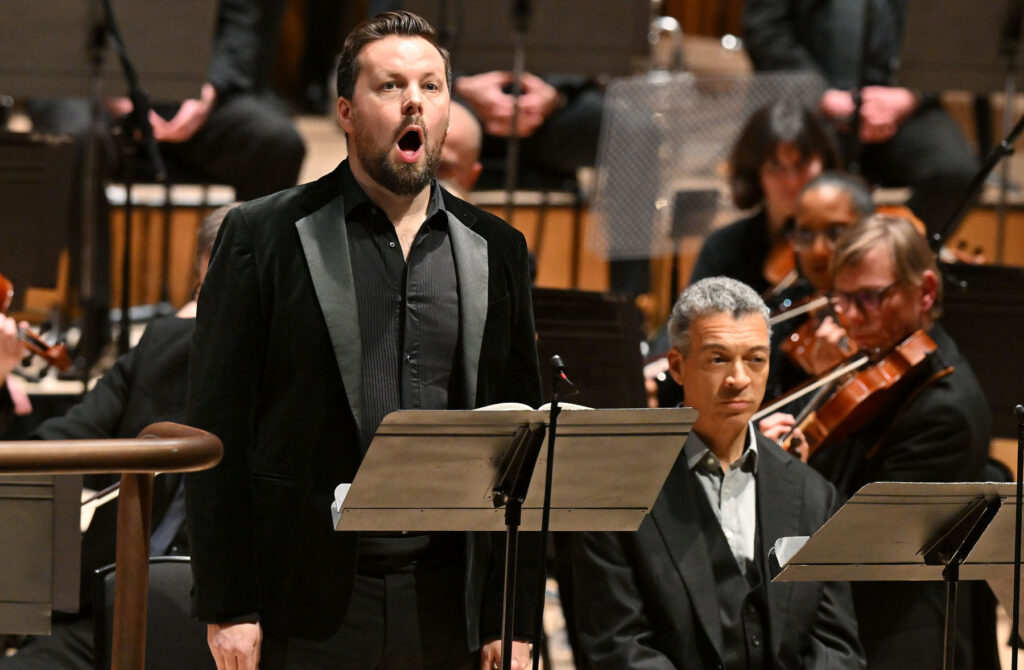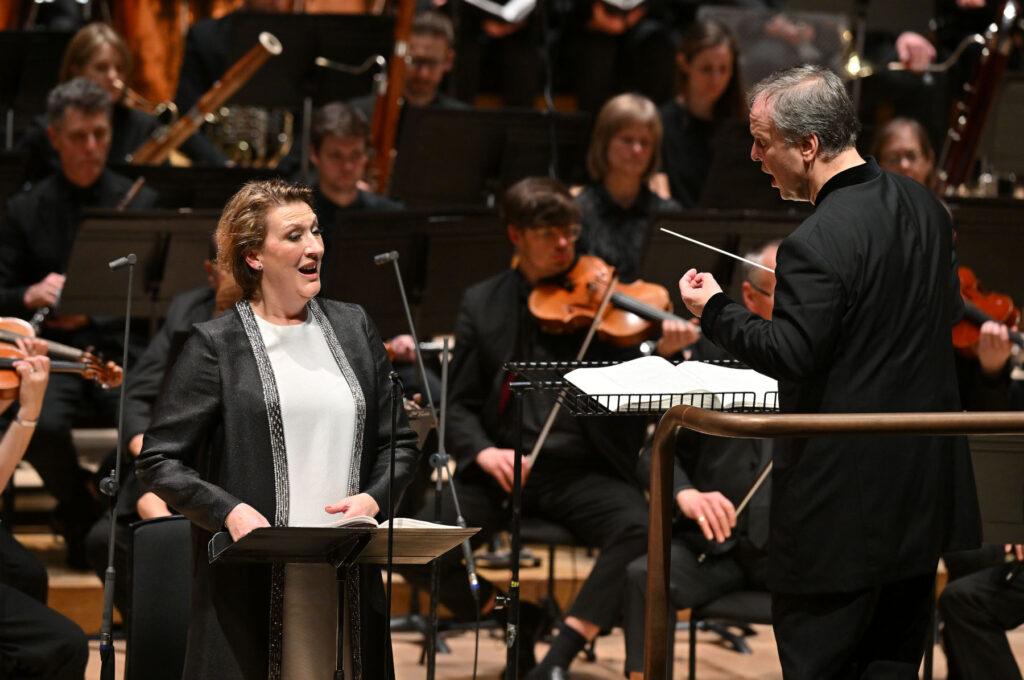This was to have been something entirely different: Berlioz’s L’Enfance du Christ, conducted by Andrew Davis. The death of the BBC Symphony Orchestra’s former chief conductor led not only to a necessary change of conductor, in the guise of the orchestra’s current chief conductor, Sakari Oramo, but to a change of programme, Elgar’s Dream of Gerontius, a work with which Davis was more strongly associated, taking the place of Berlioz’s oratorio, as a memorial. Having been a little nonplussed by the change, I soon realised that it made greater sense as a memorial, not least on account of the tangible commitment from a chorus and orchestra – a considerable Barbican audience too – to remembering their erstwhile colleague. I had a few reservations concerning the performance itself, none especially grievous; I hope it will not seem unduly curmudgeonly to share them, alongside the many estimable qualities to what I heard. For whatever reason, they did not seem to be shared by most members of a highly enthusiastic audience.
The principal problem was arguably the hall itself and its constricted acoustic. For once, the Royal Albert Hall might not have been too poor a venue; large-scale choral works, many of which Davis conducted there at the Proms, tend to fare better than most. Brass in particular tended to blare, something it was difficult to ignore in the Prelude. I was a little surprised that Oramo, who must by now be used to the difficulties, did not do much about them: a pity, given the fine Elgar sound from the rest of the orchestra, strings in particular. Oramo certainly showed flexibility in his reading here, though some tempo choices and changes I found puzzling.

David Butt Philip’s entry, ably supported by Oramo and the orchestra, announced a surprisingly Italianate way with the music: more Puccini than Wagner or Strauss, let alone Brahms. Indeed, Oramo increasingly brought things I had either not heard or had forgotten, but which seemed very much to grow out of the score, a nice line in dance rhythms included. This was certainly, at least in the first part, an operatic reading: not necessarily how Davis would have done it, but then a tribute should not be an imitation. The struggle was dramatic, it seemed, rather than overtly theological, Oramo skilled at guiding crucial transitions. Many, I know, have problems with the work on the latter ground; it even had to be given with a revised text for early performances at the Three Choirs Festival. One could surely say the same, though, of its avowed model: Parsifal.Perhaps this was a way, conscious or otherwise, ecumenically to broaden its appeal. At any rate, if I sometimes felt a little loss on Newman’s side, there was an undeniable keen sense of joint endeavour, audience included, that appeared to offer ample, even quasi-religious compensation to many. Never showing the slightest sense of strain that occasionally accompanied Butt Philip’s often thrilling and full-throated approach, Roderick Williams proved a wise and faithful guide for the journey both underway and to come. The BBC Symphony Chorus, of which Davis remained President until his death, offered performances throughout of warmth, heft, and blend that worked with, rather than against, the difficult acoustic.

The second part, quite rightly, took us to a very different place, ushered in by string playing of which any orchestra or conductor would be proud. Sarah Connolly’s Angel’s finely spun, infinitely compassionate performance was a jewel: rooted in Newman’s words, yet equally communicating beyond them through Elgar’s music. Choral and orchestral demons were a colourful, malevolent band, ‘angelicals’ in turn beautifully contrasted. Where sometimes – only sometimes – I had found the first part meandering, Oramo here seemed ever clearer in his mission to bind the work together, motivically, harmonically, and yes, theologically. In that, Wagner returned, as did Parsifal more specifically in the passage of approach to God. Brahms did too, above all the German Requiem, most keenly in the choruses. Moreover, I could not help but find something a little Liszt in an endeavour that, perhaps despite Newman, retained a little of the Faustian. Music once again proved a superior, or at least different, agent of synthesis to words.
And yet, it is not really a matter of either/or, but rather of combination, of that shared endeavour to which I referred above. ‘Farewell, but not for ever brother dear, Be brave and patient on thy bed of sorrow’: for some a necessity, for some doubtless an obscenity. Heard here from Connolly, at a darker time than many of us have known, it offered, however briefly, a semblance of consolation.
Mark Berry
Edward Elgar – The Dream of Gerontius, op.38
Sarah Connolly (mezzo-soprano), David Butt Philip (tenor), Roderick Williams (baritone), BBC Symphony Chorus (chorus master: Neil Ferris), BBC Symphony Orchestra, Sakari Oramo (conductor).
Barbican Hall, London, 13 December 2024
Photos © Mark Allan/BBC